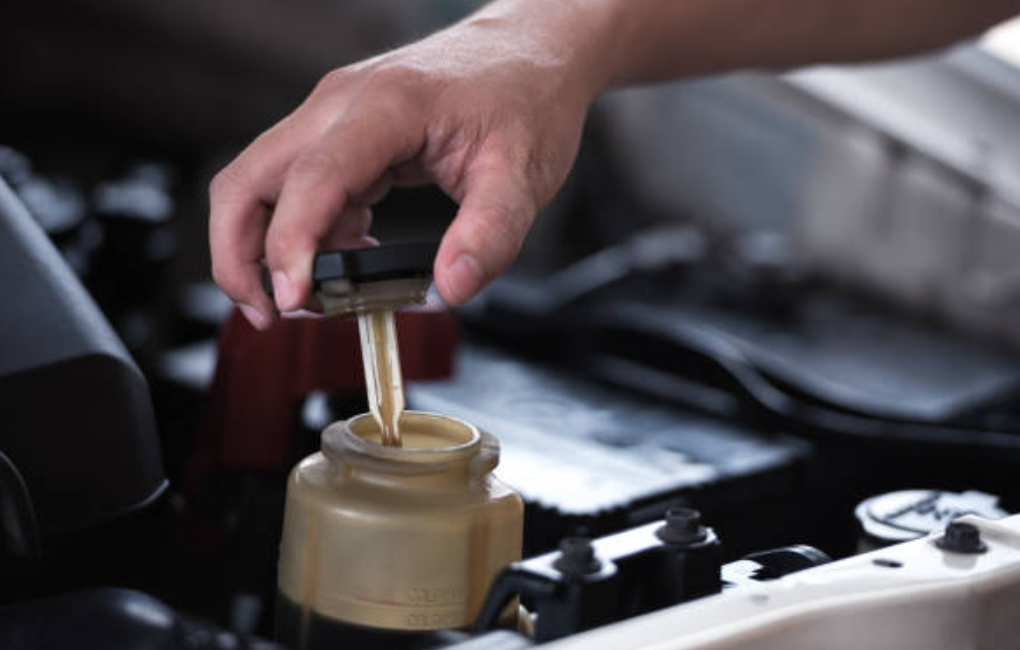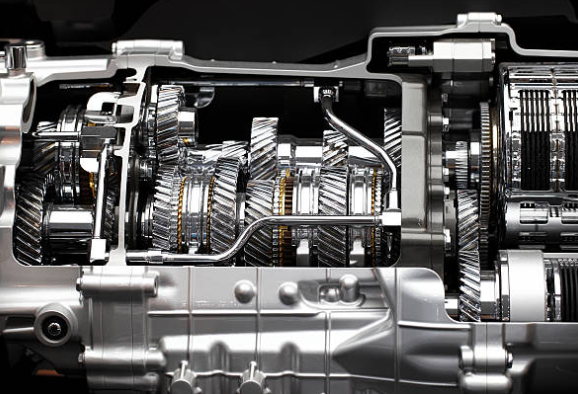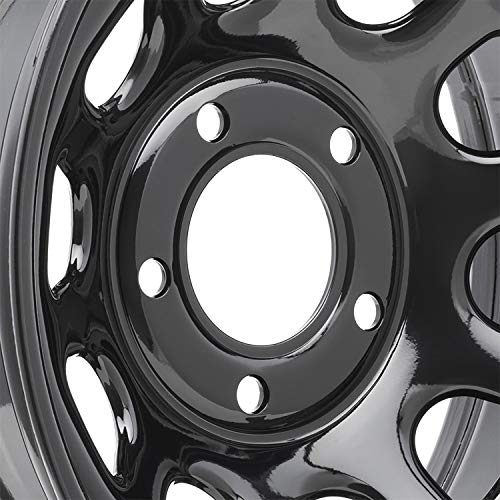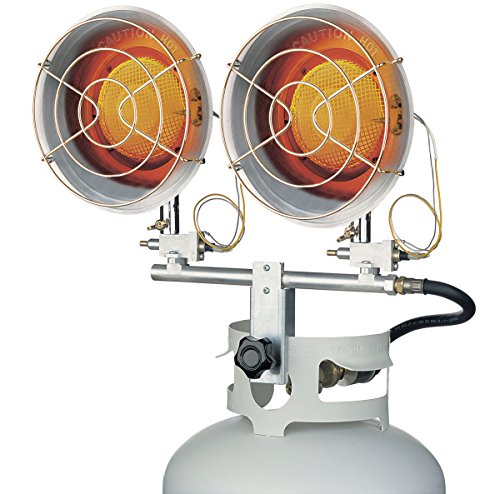Fixing Power Steering Pump Noise
The presence of power steering pump noise is a frequent issue encountered by numerous vehicle owners. If you've recently detected an irksome, high-pitched whine emanating from your power steering system, it's essential to address it promptly. This noise can range from ordinary to potentially severe, and it's crucial to take action, particularly if it intensifies or persists.
The good news is that there are several steps you can undertake to diagnose the root cause of this noise and implement solutions on your own, eliminating the need for costly professional repairs. Continue reading to gain insights into identifying and troubleshooting power steering pump noise, ultimately restoring your vehicle to smooth and quiet operation!

Understanding Power Steering Pump Noise
Power steering pump noise is a common occurrence that can signal various issues within your vehicle's power steering system. Understanding these noises and their underlying causes is essential for maintaining the health of your car. The high-pitched whining sound often associated with power steering problems typically arises when you turn the steering wheel. This audible indicator can point to problems such as low power steering fluid levels or a deteriorating pump.

In contrast, a deep groaning or moaning noise may indicate issues with the quality of the power steering fluid. If the fluid becomes contaminated or begins to deteriorate, it can hinder the pump's performance, leading to these distinct noises. On sharp turns, a different sound—squealing—may emerge, often signaling potential problems with the serpentine belt. This critical component connects the power steering pump to the engine and can experience issues such as slackness, wear, or misalignment, which become evident as squealing noises during steering maneuvers.
By decoding these noises, you can take the necessary steps to diagnose and address power steering issues promptly, ensuring a smoother and safer driving experience.
Low Power Steering Fluid:
- Low power steering fluid levels can lead to noise. The fluid is necessary for smooth operation, and when it's low, air can get into the system, causing cavitation and a whining or moaning sound.
Contaminated Power Steering Fluid:
- Contaminated or dirty power steering fluid can also cause noise. Over time, the fluid can become contaminated with debris or metal particles, leading to a rough or grinding noise when the pump operates.
Air in the Power Steering System:
- If there is a leak in the power steering system or if the fluid level is insufficient, it can allow air to ingress. This can lead to aeration, resulting in a noise commonly characterized as a whining or groaning sound.
Worn Out Power Steering Pump:
- As the power steering pump ages, its internal components can wear out. This can lead to increased friction and noise during operation, such as a whining or growling noise.

Damaged or Loose Drive Belt:
- The drive belt that connects the power steering pump to the engine can become loose or damaged over time. A loose or worn belt can produce squealing or screeching noises when it slips or rubs against other components.
Faulty Power Steering Pump Pulley:
- If the pulley attached to the power steering pump becomes damaged or loose, it can produce a rattling or clunking noise when the pump is in use.
Clogged or Restricted Power Steering Hoses:
- Clogs or restrictions in the power steering hoses can impede the flow of fluid, leading to increased pressure and noise in the system.
Power Steering Pump Failure:
- In severe cases, the power steering pump may fail, which can result in a loss of power steering assistance and potentially loud noises as the pump seizes or grinds.
Temperature Extremes:
- Extreme temperatures, especially in cold weather, can affect power steering fluid viscosity, making it more prone to noise. Cold weather can also put extra strain on the pump and cause it to make noise until the fluid warms up.

When confronted with noise emanating from the power steering pump, there are several potential solutions at your disposal, contingent upon the root cause. First and foremost, it's crucial to inspect the power steering fluid level and replenish it to the recommended capacity if it's running low, using the specific type of fluid designated in your vehicle's manual. Should the fluid appear dirty or contaminated, consider flushing the system and replacing it with fresh, clean fluid to eliminate noise originating from debris or metal particles.
Air pockets within the system can be addressed by bleeding the power steering system, usually achieved by turning the wheel from lock to lock with the engine running. Furthermore, a thorough examination of the drive belt's condition is advisable; if it's loose, damaged, or worn, tightening or replacement may be necessary to minimize squealing or screeching sounds.

Additionally, scrutinize the power steering pump pulley for any signs of damage or wear and, if required, replace it to eradicate rattling or clunking noises. Persistent noise issues may necessitate professional intervention, including the inspection and repair of any leaks or the replacement of the power steering pump. By addressing these factors and conducting regular maintenance, you can ensure the continued smooth and quiet operation of your vehicle's steering system.
-
Can I prevent power steering pump noise?
Regular maintenance, including fluid changes, inspections, and addressing any leaks promptly, can help prevent power steering pump noise. Keeping the power steering system in good condition is the key to minimizing issues.
-
Is power steering pump noise dangerous?
Although the noise produced by the power steering pump is not directly hazardous, it often serves as an indicator of potential underlying issues. Neglecting these issues may result in power steering failure or other safety-related concerns. Consequently, it is crucial to thoroughly investigate and rectify the source of the noise.
See another review here: The 10 Best Car Seat Covers For Your Front Seats




.png)












